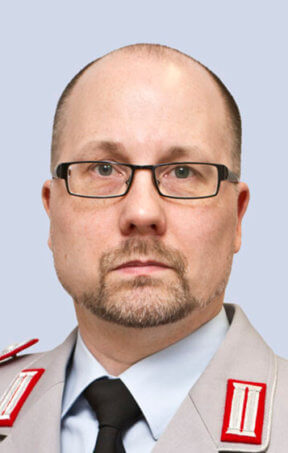‘Gender-inclusive language is about writing and speaking in a way that does not discriminate or marginalize on the basis of gender and does not promote or perpetuate gender stereotypes. Therefore, using gender-inclusive language proactively and consistently is imperative for furthering gender equality in the workplace and for creating an inclusive working environment for all staff members.’
NATO Gender-Inclusive Language Manual, April 2020.1
Gender equality and equity in language has been widely discussed for many years and has already found its way into many areas of everyday language use. As a result, some civil and military aviation terminology has also changed – mostly unnoticed.
NOTAM. In December 2021, the FAA quietly modified the acronym NOTAM from ‘Notice to Airmen’ to the more applicable term ‘Notice to Air Missions’. According to the FAA’s statement, this has been done to comply with ICAO standards and contractions.2
UAS. Many larger companies have already changed their terminology from ‘unmanned’ to ‘uncrewed’. AUVSI – the leading trade association for autonomy, robotics, and automated air, ground, and maritime vehicle industries – just rebranded itself last month as the Association for Uncrewed Vehicle Systems International. The FAA’s Drone Advisory Committee has also been pushing for the utilization of gender-neutral language, and we are likely to see a change in terms soon. Also noteworthy is the fact that the term ‘uncrewed’ has already been adopted by the Government Accountability Office (GAO) and National Oceanic and Atmospheric Administration (NOAA) in the United States, as well as the Canadian Department of National Defence, United Nations, Air Line Pilots Association (ALPA), and the Australian Association for Uncrewed Systems.3
Both changes in terminology are not yet reflected in the official NATO Terminology Database. Still, at least for the ‘Uncrewed Aircraft’, terminology change proposals are initiated and likely to be adopted sometime this year.











